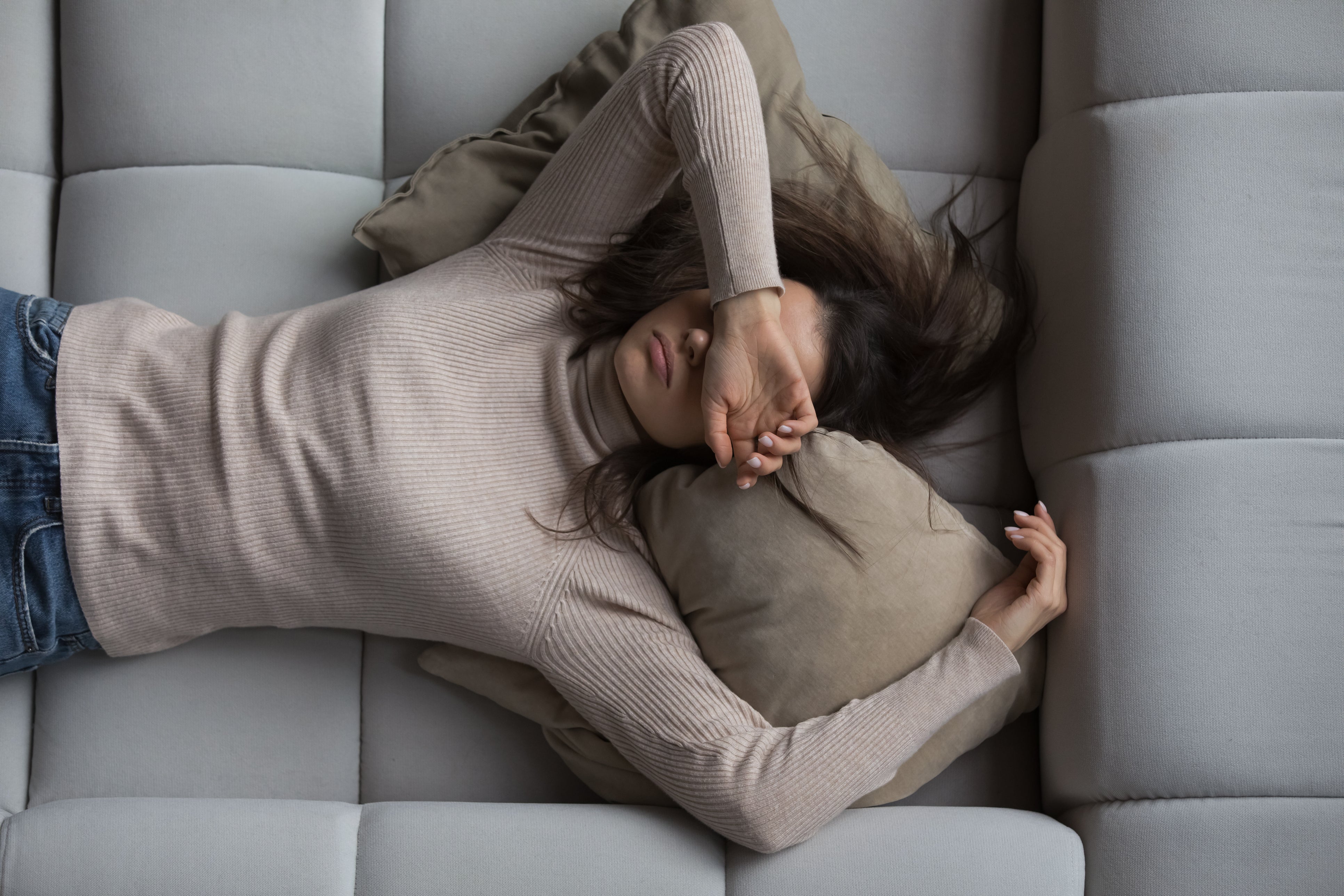Less than seven hours of sleep linked to greater risk of high blood pressure, study shows
Women are more likely to develop the condition than men, according to the preliminary findings

Less than seven hours of sleep has been associated with a 7% increased likelihood of developing high blood pressure, early research reveals.
Analysing data from more than a million people from six different countries, the study showed that this likelihood rises to 11% with less than five hours of sleep.
The research team stated that no age-based differences have been found in the association between the amount of sleep and high blood pressure.
Kaveh Hosseini, assistant professor of cardiology at the Tehran Heart Center in Iran, said: “Getting seven to eight hours of sleep, as is recommended by sleep experts, may be the best for your heart too.”

Presented at the American College of Cardiology’s Annual Scientific Session in the US, the preliminary findings also show that women have a 7% higher risk of developing the condition compared to men.
But Hosseini warned that while this difference is statistically significant, they are “not sure it’s clinically significant” - emphasising the need for further research.
Francis Wells, consultant heart and lung surgeon and honorary fellow at Clare Hall, Cambridge University, echoed the need for further research, warning the percentage changes “appear to be marginal” and said they “could be accounted for by many things”.
He told The Independent: “There are recent papers stating variable amounts of sleep suit different people in different ways, and the idea that everybody needs eight or more hours of sleep a night has been recently debunked. There are many people who can function perfectly well on five or six hours.
“Firstly, raised blood pressure is very common in the population. Some of the biggest contributors are being overweight and the lack of exercise. Stress doesn’t seem to play a huge part in this but may also marginally contribute.
“So you need to see what the weights of these patients are, what their exercise levels are, and so on, before you could make any real comments at all.”
People whose data the study examined did not have high blood pressure at the start of the study and were on average followed up in five years.
The link between sleep and high blood pressure was obtained after statistically adjusting for factors like heart disease risk, sex, education, smoking status and weight.
Researchers of the study also advise people to talk to their healthcare provider about their sleep patterns, as conditions like sleep-related breathing disorders have also been shown to relate to cardiovascular diseases.
Join our commenting forum
Join thought-provoking conversations, follow other Independent readers and see their replies
Comments
Bookmark popover
Removed from bookmarks